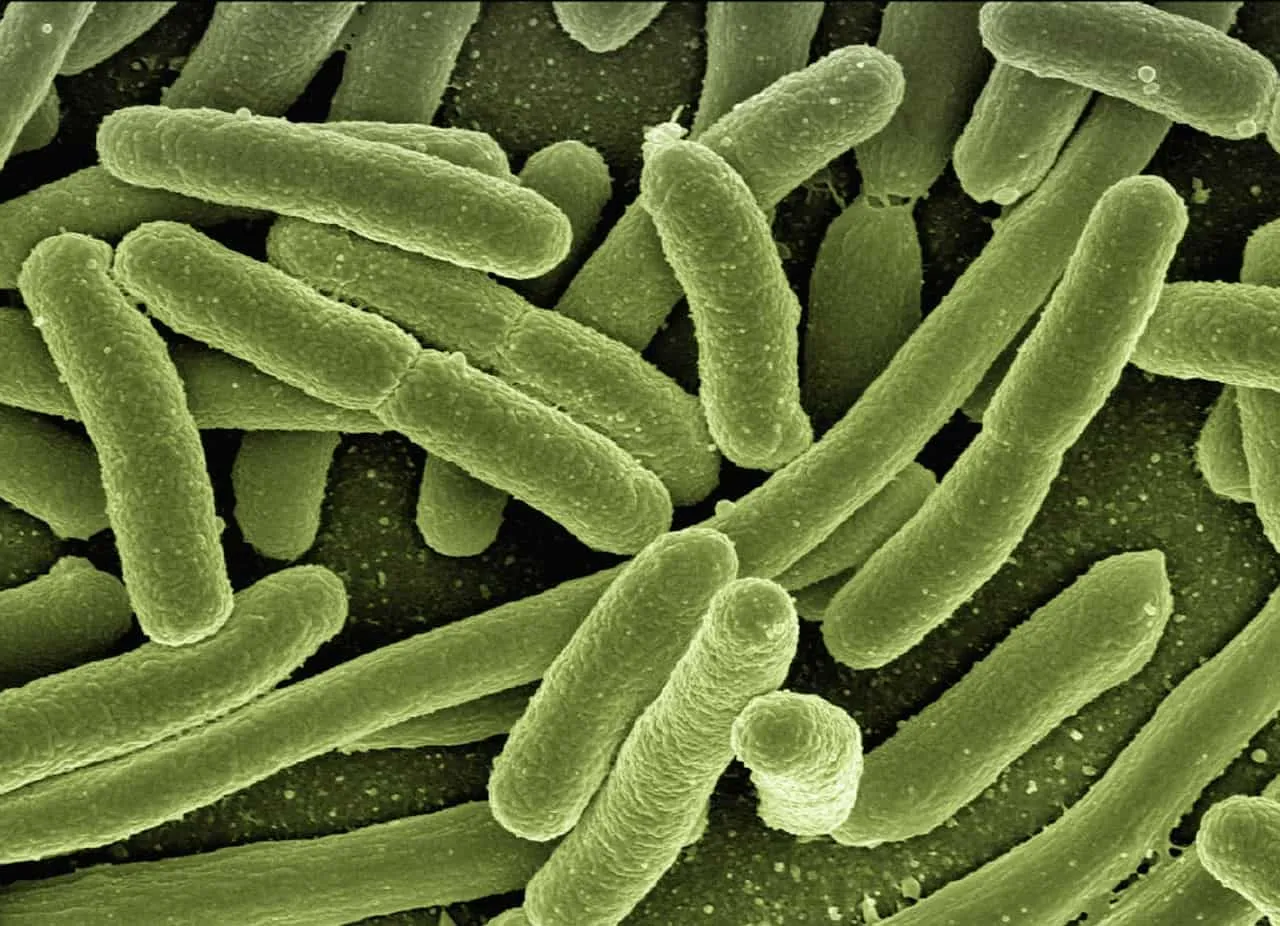Deadly Fungal Infections as a Silent Pandemic: Understanding the Risks

Rising Threat of Deadly Fungal Infections
Deadly fungal infections are increasingly recognized as a silent pandemic. Recent studies indicate that, without intervention, these infections could claim up to 40 million lives by 2050. The growing prevalence of antibiotic-resistant fungi underscores the need for an urgent response from both pharmaceuticals and health organizations.
Understanding the Scale of the Crisis
- 40 million fatalities projected due to fungal infections.
- Infections resistant to drugs are on the rise.
- The lack of public awareness significantly hinders prevention efforts.
Call for Action in Pharmaceuticals and Science
- Increased research funding is essential.
- Develop novel therapies to combat resistant strains.
- Raise awareness among healthcare professionals and the public.
Urgency of Response in Disease Prevention
To combat this looming crisis, a collective effort from the health sector, including pharmaceutical companies, is essential. Enhanced research and development, alongside preventative measures, are crucial in addressing the threat posed by these infections.
Disclaimer: The information provided on this site is for informational purposes only and is not intended as medical advice. We are not responsible for any actions taken based on the content of this site. Always consult a qualified healthcare provider for medical advice, diagnosis, and treatment. We source our news from reputable sources and provide links to the original articles. We do not endorse or assume responsibility for the accuracy of the information contained in external sources.
This article was prepared using information from open sources in accordance with the principles of Ethical Policy. The editorial team is not responsible for absolute accuracy, as it relies on data from the sources referenced.